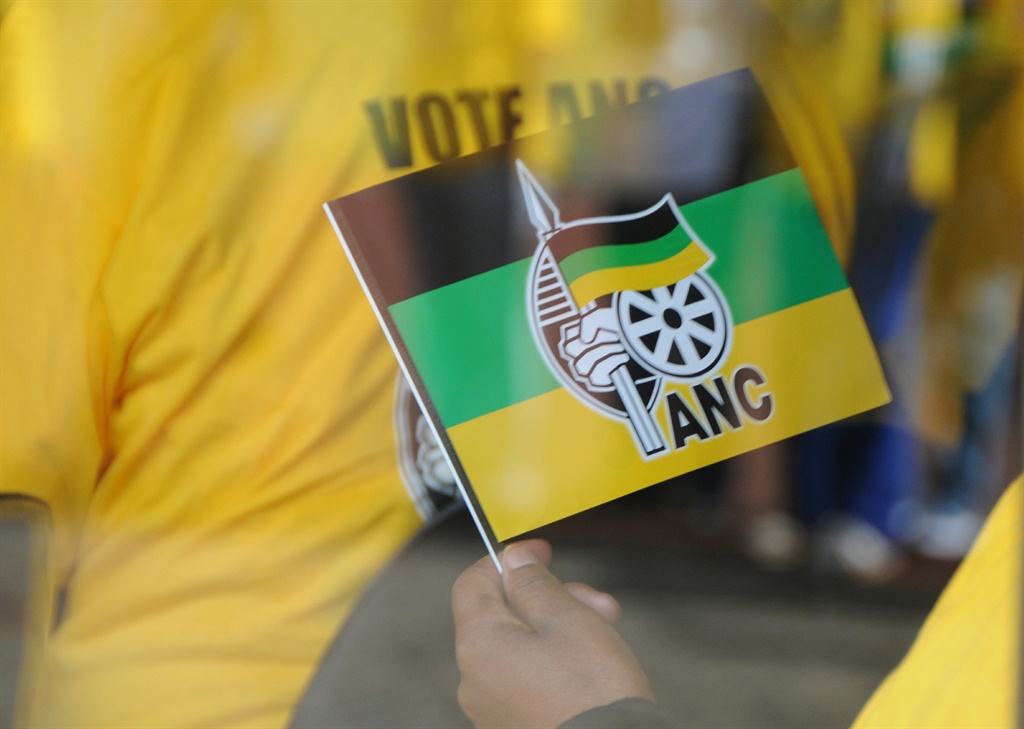


(Gallo Images/Sowetan/Vathiswa Ruselo)
The mouth of the hippopotamus was opened by bad politics and closing it would take hard and unpopular decisions.
In another world, if there was no global pandemic persisting, and political life was at its normal tempo, the ANC would be gearing up towards its midterm National General Council, originally meant to take place at the end of July.
Political slogans would abound and policy discussions would be hijacked for factional purposes.
At the end, the ANC would make resolutions the country would definitely be unable to afford to implement.
Depending on the strength of factional politics, we would have seen announcements that the National Health Insurance programme would be rolled out immediately with or without an affordability study by National Treasury and buying out shareholders of the South African Reserve Bank would be imminent.
Who knows what other bizarre proxy policy fights may have emerged.
That would be followed by the start of campaigning for the local government elections next year where political parties would try to outdo each other in their bag of unrealistic promises made to the electorate.
Already without Covid-19, South Africa’s economy in 2020 was in dismal shape with downgrades, rising public debt and growing unemployment.
Add the devastation of a three-month lockdown, a global recession unprecedented in 90 years and a sky-high unemployment rate and it is not a pretty picture.
Enter the hippopotamus in the room.
South Africa’s budget deficit is 15.7% of GDP and we are on our way to a sovereign debt crisis.
The burden of a R761.7-billion budget deficit was evident through the defeated temperament of Finance Minister Tito Mboweni when he delivered the supplementary budget on Wednesday.
“Our Herculean task is to close the mouth of the hippopotamus! It is eating our children’s inheritance. We need to stop it now! Our Herculean task is to stabilise debt,” Mboweni said.
This crises of spiralling public debt are the direct result of years of bad politics.
It was years of looting at state-owned enterprises. It was years of populist decisions over prudency. It was years of state capture.
But it is not enough to bemoan the situation.
The axe of a sovereign debt crisis is looming over our necks, and to quote a crass Mboweni: “We are no longer as rich as we once were.”
But for the crises of massive public debt to be reversed, politicians have to fully internalise the reality and implications of what is to come if the situation is allowed to continue without check.
The ANC will have to understand it can no longer make grand promises to the electorate because South Africa simply can’t afford it. Politics has to change. Politicians are no longer the proverbial Father Christmas at election time.
Not a single political party can promise the millions of poor South Africans blanket increases to grants.
Higher education can’t be free for everyone.
The hope of government building more houses is getting slimmer.
There isn’t that kind of money any more.
When the ANC eventually meets for a midterm policy appraisal, it has to be honest with itself that it no longer has the latitude to make grand promises. It has squandered any opportunity to change the lives of the people.
The promises it made – even seemingly good ones like universal healthcare – have to be relooked.
The ANC cannot take decisions and have affordability as an afterthought.
The mouth of the hippopotamus was opened by bad politics, and closing it would take hard and unpopular decisions.
Driving up the hill of economic growth and prosperity is a pipe dream for the next five years.
At this point, South Africa’s best case is not driving over the cliff of financial ruin.
– Qaanitah Hunter is the political editor of News24 and author of Balance of Power: Ramaphosa and the future of South Africa.

